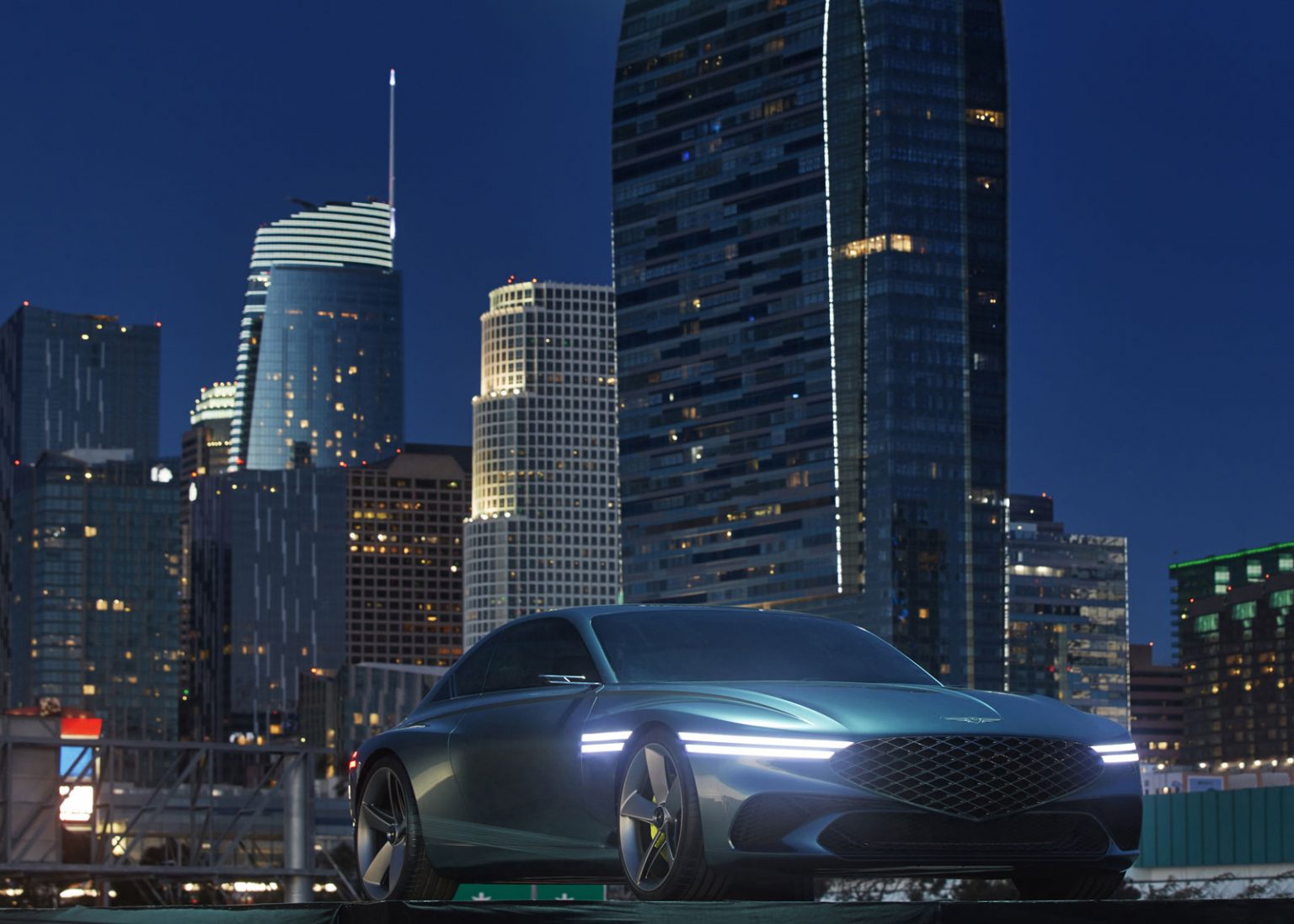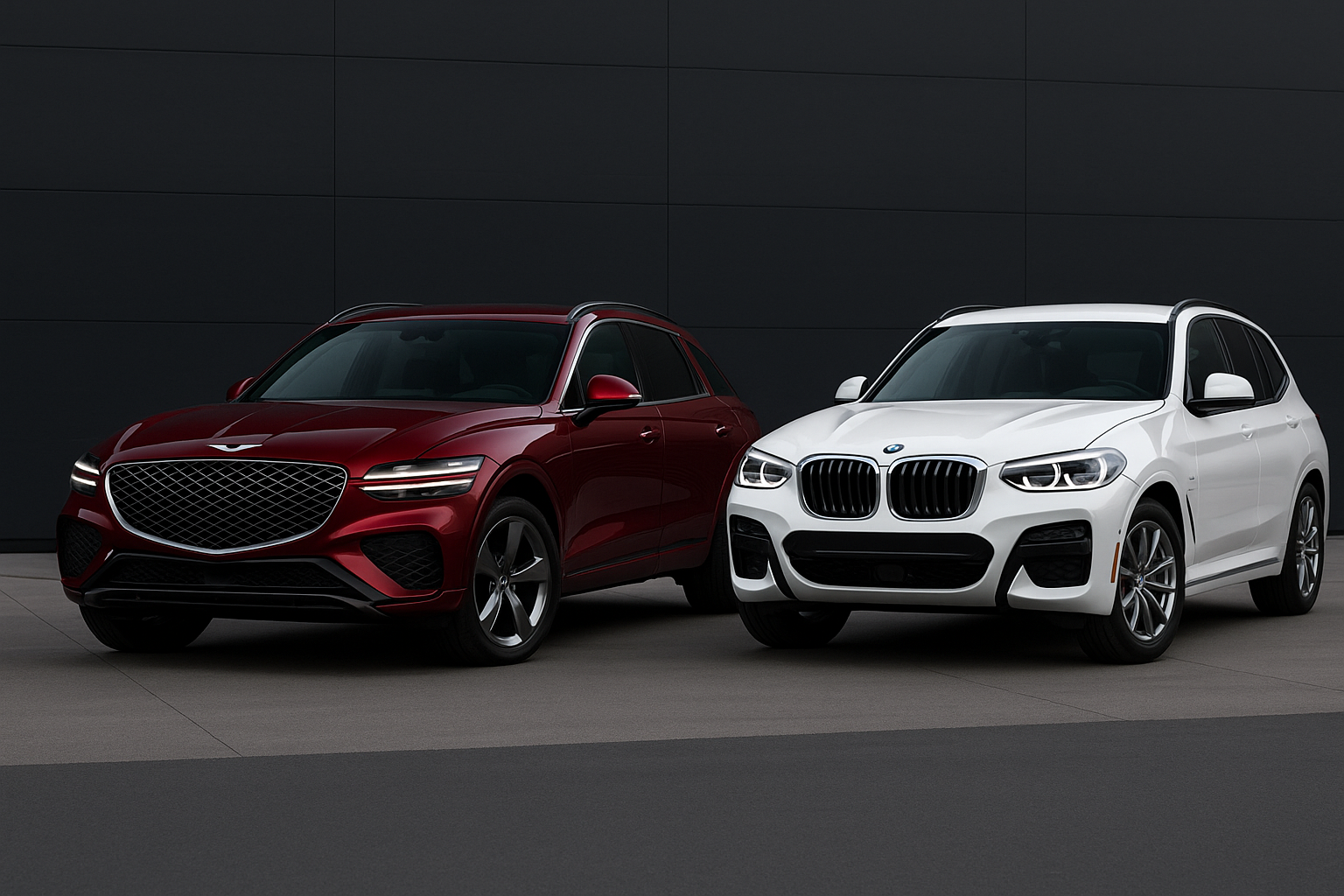The Genesis Origin Story: From Underdog to Luxury Contender
Genesis wasn’t supposed to work.
A Korean luxury brand sounded, at best, ambitious and, at worst, laughable. When Hyundai introduced the Genesis sedan in 2008, the skeptics were ready. Luxury was German. Comfort was Japanese. Korea? That was where you went for warranties, not prestige.
And for a while, the skeptics were right. The first Genesis sedan was competent—surprisingly refined for its price—but it didn’t shift the hierarchy. Buyers weren’t lining up to park one next to a Mercedes. The badge didn’t carry weight, and luxury without status is a tough sell.
But what looked like a vanity project was really the beginning of something bigger. Hyundai wasn’t dabbling. They were studying. And when they spun Genesis into its own standalone brand in 2015, they weren’t just making a car. They were making a statement.
The Skeptical Launch
The original Genesis sedan in 2008 was Hyundai’s attempt to step outside its lane. It offered leather interiors, a V6 and V8 option, and features usually reserved for higher price points. On paper, it looked competitive against Lexus and even brushed shoulders with BMW.
But the reality was harder. Hyundai was still associated with economy cars, and luxury buyers weren’t interested in explaining why they’d chosen a Korean brand over a German one. Even the automotive press called it “a Lexus knockoff with a discount tag.” The product was solid, but the perception wasn’t there.
Hyundai took the punches, but they also took notes.
The Talent Grab
If Genesis was going to be more than a badge, it needed credibility, and in cars, credibility begins with design. Hyundai started recruiting some of the sharpest minds in the industry.
Peter Schreyer, the designer who had reshaped Audi’s modern identity, became Chief Design Officer. Luc Donckerwolke, who had honed his craft at Lamborghini and Bentley, brought a new edge to the brand’s ambitions. And SangYup Lee, another former Bentley designer, took charge of Genesis design, shaping the language that would become the brand’s signature. These weren’t incremental hires. They were signals. Genesis wasn’t interested in being “good for the price.” They wanted to redefine the segment.
The Design Revolution
The results showed quickly. Genesis embraced a bold, unmistakable design language. The quad light signature, crest grille, and clean interior architecture created instant identity. No longer derivative, Genesis cars looked like nothing else on the road.
The GV80 SUV turned heads not just for value, but for presence. The GV70 compact SUV arrived with proportions and detailing that rivaled Audi’s Q5 and BMW’s X3—at times, surpassing them. The G80 sedan held its own against the E-Class.
Awards followed. MotorTrend Car of the Year. Red Dot Design. Genesis wasn’t just the scrappy underdog anymore. It was suddenly the brand designers and critics couldn’t ignore.
Winning on Substance, Not Status
Luxury often survives on inertia. People buy German because it’s German. But once buyers got behind the wheel of a Genesis, something shifted.
The interiors weren’t simply well-appointed—they were crafted. Touchpoints felt deliberate. Materials felt richer. Tech felt intuitive rather than bolted on. These weren’t value plays. They were luxury experiences, often better executed than what the established players offered.
And when reviewers stacked Genesis against the usual suspects, the verdicts were clear: this wasn’t “almost as good.” In many categories, it was better.
The Contender Today
In 2025, Genesis isn’t the question mark anymore. It’s the brand people are starting to cross-shop with Mercedes, Audi, and BMW without irony. The GV70 and GV80 are becoming staples of suburban driveways. The G80 has earned its stripes. And the electric lineup—the GV60, Electrified G80, and concept showpieces like the Genesis X—is positioning the brand at the forefront of the EV transition.
Genesis isn’t chasing the Germans anymore. They’re charting their own path, building cars that combine luxury with a distinct Korean identity: design-forward, technologically ambitious, and unafraid to experiment.
From Experiment to Force
The Genesis experiment could have died a quiet death in 2008. Instead, it evolved into one of the most compelling luxury brands on the market.
Genesis didn’t just survive the skepticism. It used it as fuel. In less than a decade, it went from an underdog to a contender, reshaping what luxury means.
The question isn’t whether Genesis belongs in the conversation anymore. It’s how long before it leads it.
Follow KoreanCarGirl for weekly posts on Korean cars—Genesis, Hyundai, Kia—and the future of automotive design.

